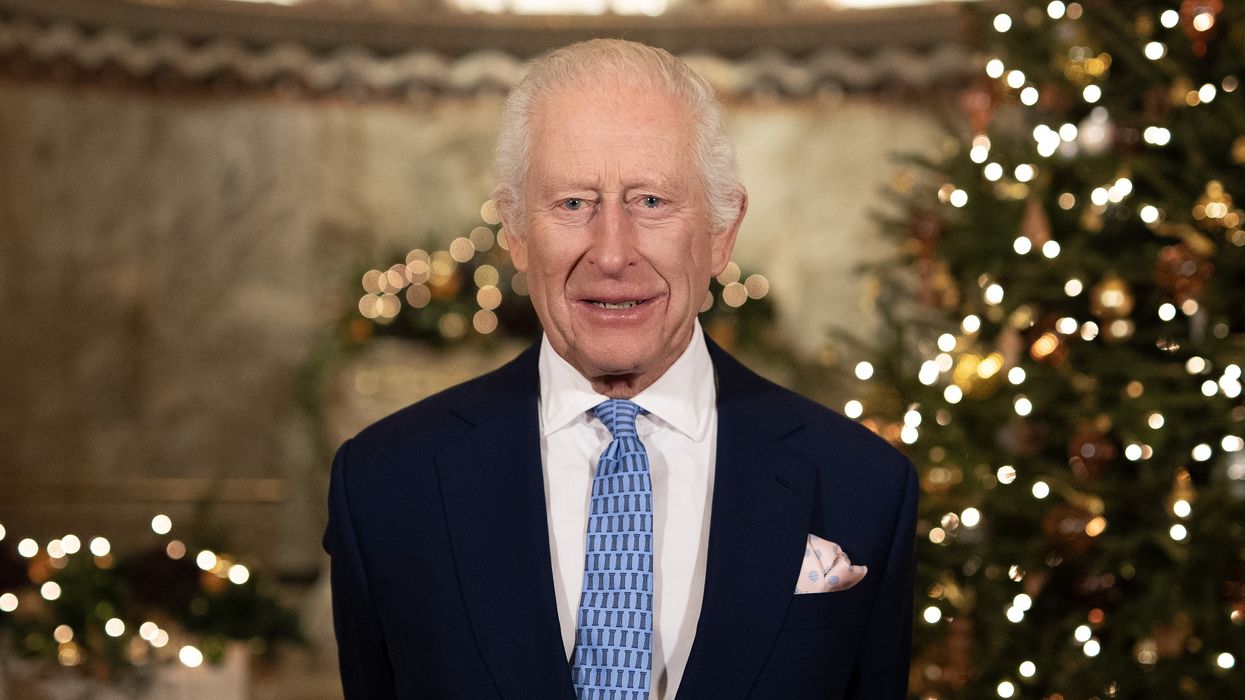KING CHARLES expressed gratitude to doctors and nurses for their support during his Christmas address, a speech that followed a year marked by health challenges for both him and Princess Catherine.
Speaking from Fitzrovia Chapel, a former hospital chapel in central London, the king acknowledged the contributions of medical staff, veterans, and humanitarian workers. He also addressed issues such as global conflicts and the far-right riots that occurred in the UK over the summer.
“I offer special heartfelt thanks to the selfless doctors and nurses who this year have supported me and other members of my family through the uncertainties and anxieties of illness and have helped provide the strength, care, and comfort we have needed,” the 76-year-old monarch said.
The king also expressed gratitude for the messages of support received. “I am deeply grateful too to all those who have offered us their own kind words of sympathy and encouragement,” he added.
Reflecting on the riots following a knife attack in Southport, Charles praised efforts to repair community relationships. “I felt a deep sense of pride here in the United Kingdom when, in response to anger and lawlessness in several towns this summer, communities came together, not to repeat these behaviours, but to repair. To repair not just buildings, but relationships,” he said.
The monarch emphasised the importance of diversity. “Diversity of culture, ethnicity, and faith provides strength, not weakness,” he stated, commending efforts to defeat prejudice and promote understanding.
Charles confirmed that he continues regular cancer treatment, which will extend into 2025. Princess Catherine, who was diagnosed with cancer just weeks after the king, completed chemotherapy in September and has resumed public duties.
The king’s message also touched on ongoing conflicts worldwide, from the Middle East to Africa, contrasting these with past commemorations of the D-Day landings. “On this Christmas Day, we cannot help but think of those for whom the devastating effects of conflict pose a daily threat to so many people’s lives and livelihoods,” he said.
Charles concluded with a call for peace and a message of goodwill, wishing the public a joyful and peaceful Christmas.
The broadcast also featured the king’s eco-conscious tradition of replanting Christmas trees, a practice started in 2023.
Senior members of the royal family, including Queen Camilla, Prince William, Princess Catherine, and their children, joined the festivities at Sandringham.
Notably absent were Prince Andrew, following recent allegations, and Prince Harry and Meghan, who have missed six consecutive royal Christmases since stepping back from royal duties in 2020.
(With inputs from agencies)





